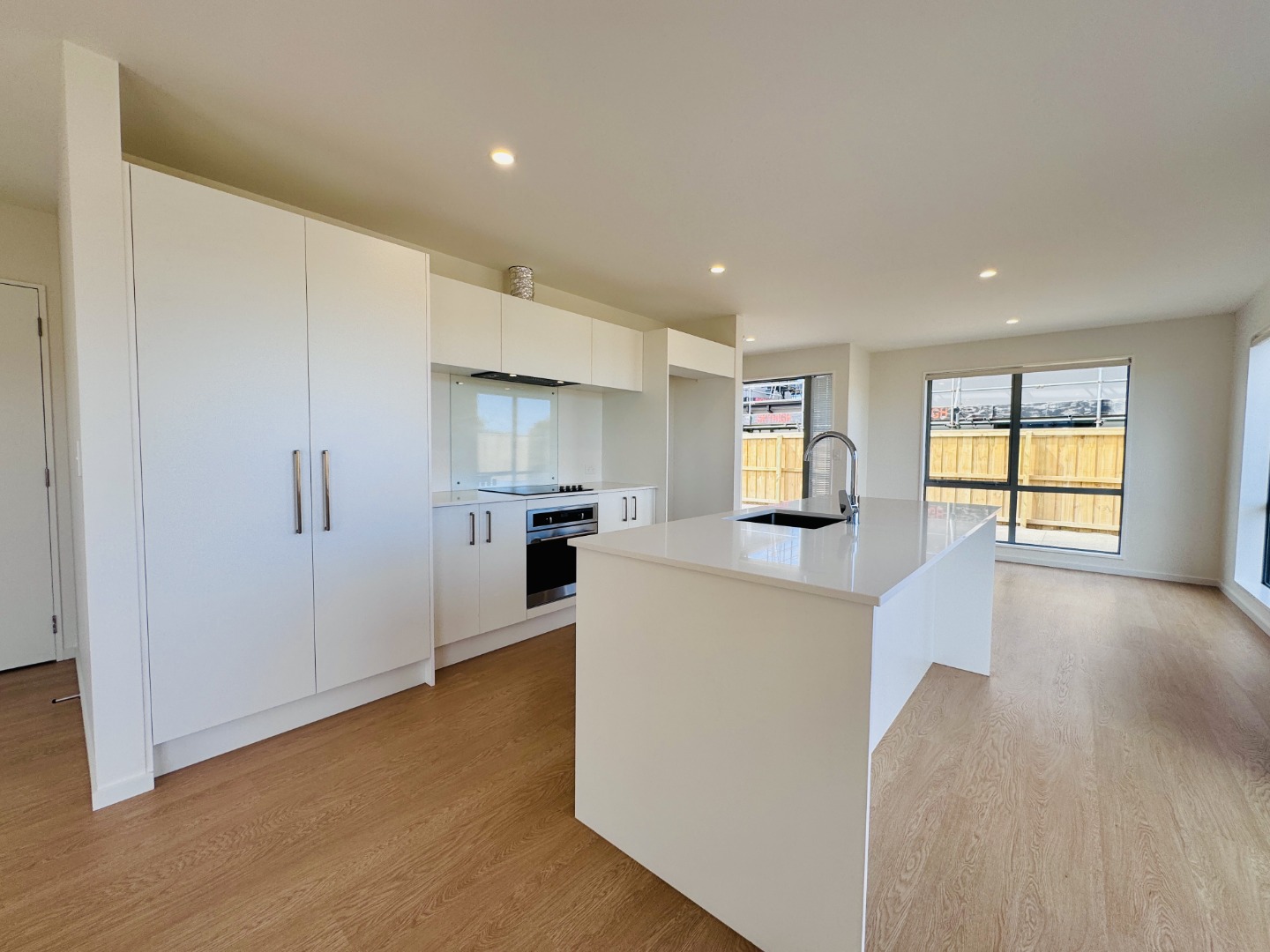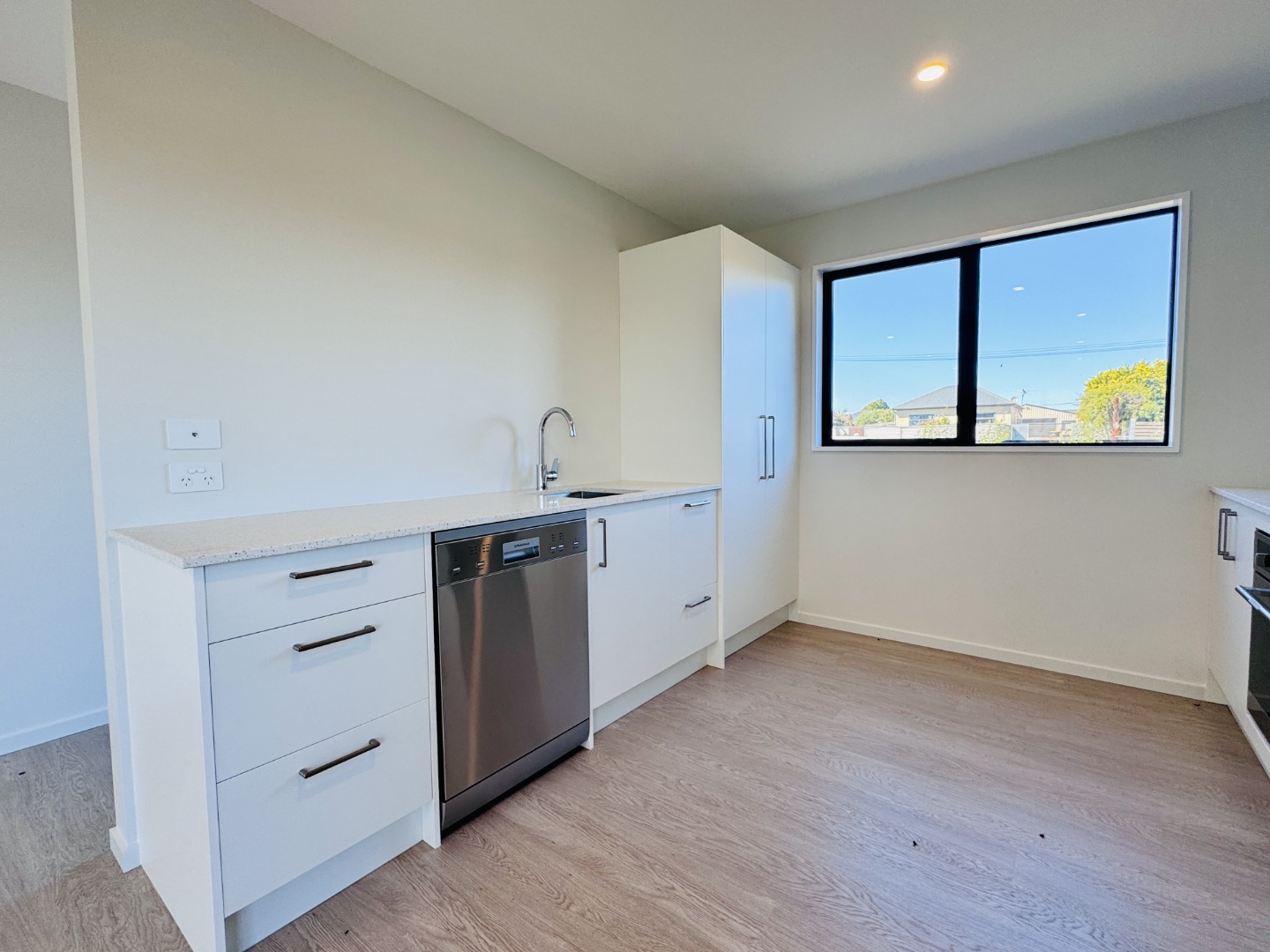

Smart Choice: Holding onto Your Investment Property

In times of economic uncertainty, such as market downturns and political elections, the impulse to sell your residential investment property may be strong. However, it is important to consider the long-term consequences of such a decision. This article aims to shed light on why holding onto your property during challenging times can be a strategic and profitable choice, despite market fluctuations and impending political elections.
Patience for Market Recovery
Market downturns are typically followed by eventual recoveries - the property cycle. By retaining your residential investment property, you position yourself to benefit from the potential market rebound. Historically, property markets have demonstrated resilience and a tendency to bounce back after challenging periods. Holding onto your property during a market downturn allows you to regain lost equity and capitalize on future price appreciation.
Stable Cash Flow
During market downturns, the rental market can remain relatively stable or even experience an upswing, as we have seen in Christchurch lately. By retaining your investment property, you ensure a steady stream of rental income. This cash flow can help you navigate the economic uncertainties and cover ongoing expenses, such as mortgage payments, property maintenance, and taxes. Consistent rental income contributes to your financial stability during challenging times.

Long-Term Investment Strategy
Residential investment properties are typically part of a long-term investment strategy. Short-term market fluctuations should not overshadow the broader goal of wealth creation and passive income generation. By holding onto your property, you give the market time to stabilise, and you position yourself to benefit from long-term value appreciation. Selling during a market downturn could mean missing out on future growth potential.
Political Stability and Policy Changes
Close to general political party elections, uncertainty and speculation can impact the real estate market. Buyers and sellers may adopt a wait-and-see approach, leading to decreased market activity and potential price fluctuations. Selling your residential investment property during this period could expose you to the risk of unfavorable policy changes or economic uncertainty. Holding onto your property allows you to assess the post-election scenario and make informed decisions.

Portfolio Diversification and Risk Mitigation
Diversifying your investment portfolio is crucial for risk mitigation. Real estate serves as a valuable asset class that diversifies your investment holdings. By retaining your residential investment property, you maintain a balanced portfolio, reducing exposure to the volatility of other asset classes. Real estate's tangibility and historically stable returns act as a hedge against market fluctuations, enhancing your overall financial security.

While the temptation to sell your residential investment property during a market downturn or close to a general political party election may be strong, taking a patient and long-term approach can prove more beneficial. By holding onto your property, you position yourself to benefit from market recoveries, maintain stable cash flow, adhere to your long-term investment strategy, navigate potential policy changes, and diversify your portfolio. Ultimately, retaining your investment property during challenging times can yield significant financial rewards in the future.





